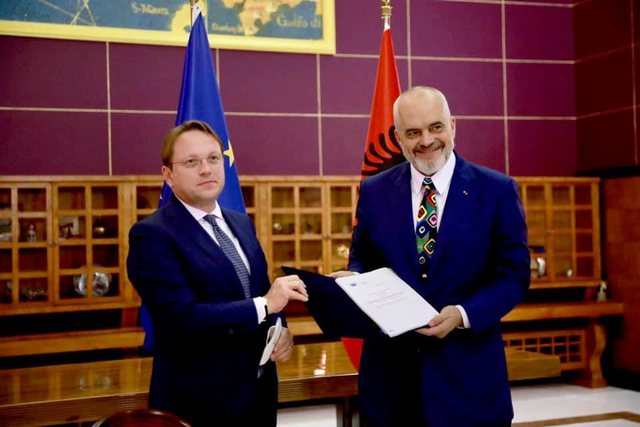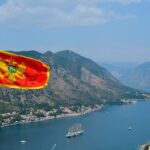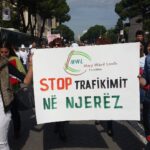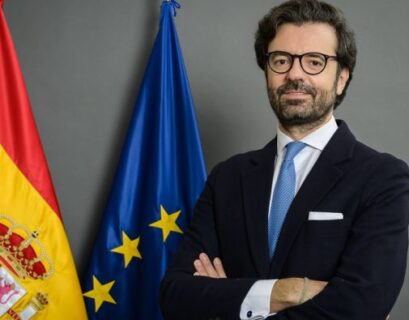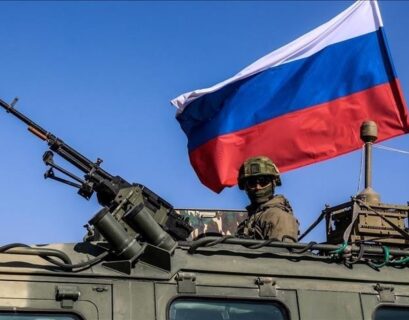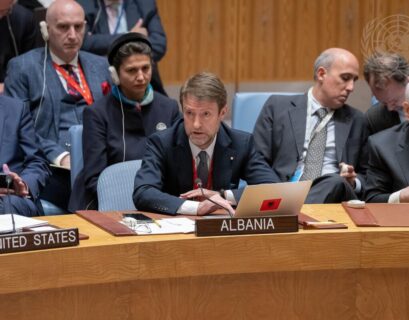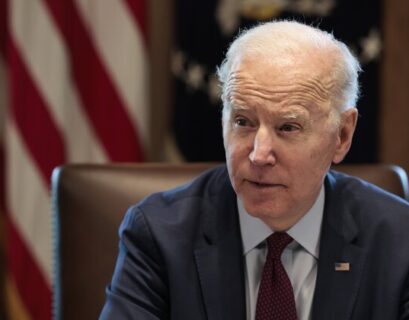The European Commission’s Progress Report 2020 on Albania and that of the other countries of our region was anticipated with some curiosity, although after so many years it is becoming harder to look forward to it. However the new methodology announced in the beginning of this year had at least the integration junkies waiting to see if it would mean a breath of fresh air for the key document that assesses the “road travelled” in the last 12 months. The anticipation was alas not vindicated.
The report on Albania showed once again “moderate progress” in most fields and despite giving the positive recommendation for holding the first intergovernmental conference, it failed to account for most of the recent dramatic events in Albanian politics.
The report acknowledged the polarization of the country to the extreme yet somehow fails to recognize that the consensus reached by the Political Council, under such extreme international meddling on June 5th, was all but blown apart this week with the unilateral change in the electoral rules. The report says that there is no progress in the issue of free speech and fundamental liberties without specifically criticizing the de-facto regress: that of the stubbornness of the majority to let go of the controversial media law draft. This censorship-inducing draconian new media regulatory framework was deemed inappropriate by the Venice Commission and returned for revision. To drive the dagger right through the heart of this Progress Report’s relevance, Prime Minister Rama in a news conference, on the same day of the report issue, reiterated his determination to push through with the very same law.
Other events which witness the increasing authoritarianism such as the demolition of the National Theater during the worst months of the pandemics quarantine and the ensuing political force exerted on the protesters, are washed away from the text altogether.
Faced with such blunt unawareness or indifference (or both) for the country’s developments on the ground, citizens might be justified to feel gaslighted by the reports attitude and overall tone.
This lack of connection is at best far-sighted and at worst outright involuntary gaslighting. And Albania seems to be not the only example. Similar criticism was made by EMPs themselves during the relevant discussion for the failure to mention Serbia’s deteriorating political climate or Turkey’s human rights calamity.
It does not serve even the mediocre objective of preserving stability often commented as the key goal of the Union vis-à-vis the region, let alone aid the democratic consolidating of our countries.
Gaslighting is a form of psychological manipulation in which a person or a group covertly sows seeds of doubt in a targeted individual or group, making them question their own memory, perception, or judgment, often evoking in them cognitive dissonance.


